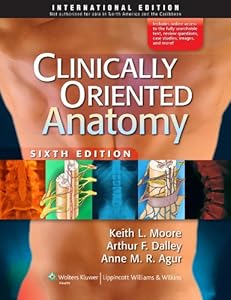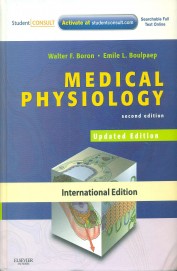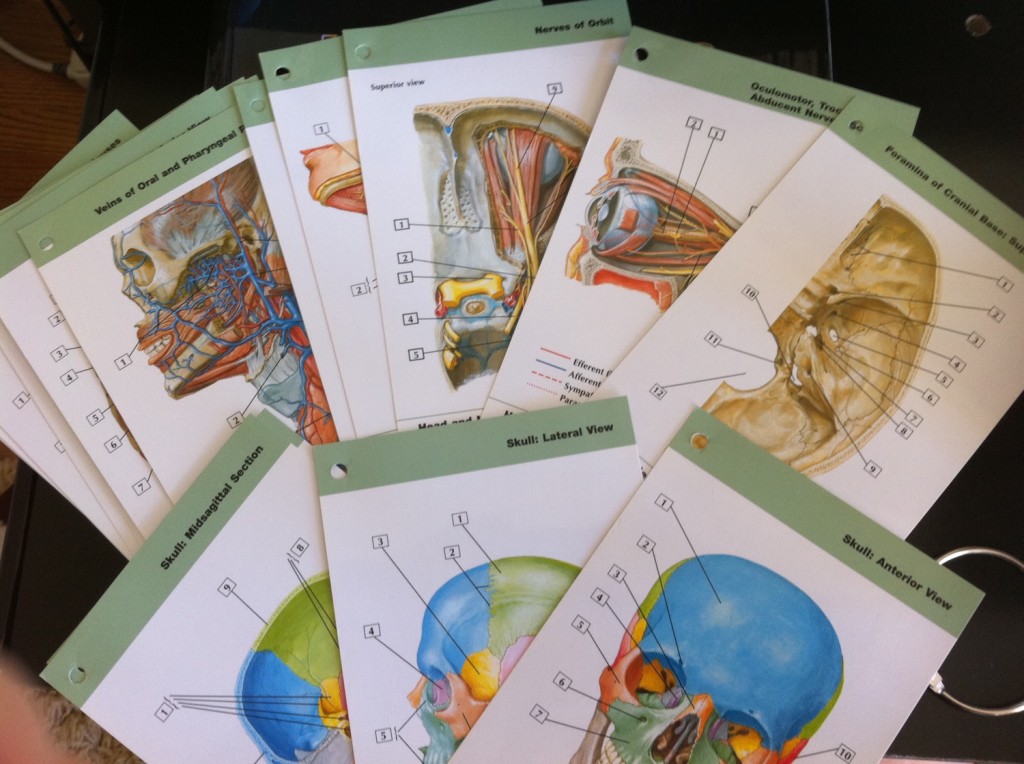P.S. DO NOT BUY any of these books. They are all available from your medical school's library. The only books I have purchased this year are not on the recommended reading list, because these books are so widely available.
P.P.S Textbooks are not essential for the first year at Barts. You hear stories of fellow students not visiting the library till third year. Yet, if you want relatively good grades, I'd heavily imply that you need to support your learning. As a graduate, I am so use to turning to several sources, not just lecture notes, that it is hard to break the habit.
P.P.P.S. But if you are reading this list, it means you have already opened you mind to the use of textbooks so ignore above.
Essential Books from the Reading List
In my opinion, these books are essential for your first year at Barts and The London SMD.
Clinically Oriented Anatomy by Moore
A good anatomy textbook is key. While lecture notes are enough for content, you sometimes need that second point of view to help cement that knowledge. I would highly recommend Moore but can now see why Clinical Oriented Anatomy is too big. Essential Clinical Oriented Anatomy is much better suited for the course and easier to carry around. It's definitely not pocket size but it's lighter on the rucksack, without lacking key knowledge.
Really good textbook. Great for pharmacology. Only problem at Barts is that we don't go into any sort of depth that would warrant this being a recommended text for freshers. Don't look at it till second year. Great book, just too much information.
Again, this book is better for second year where pathology really gets going.
Medical Physiology by Boron
I glanced once at Boron. The layout looked awful and I went in search of other physiology textbooks instead.
This was described as non-essential in the reading list, but that is patently false. This book is key for everyone, not just students studying dissection. It uses photographs of prosections so is key for a good grasp of human anatomy. The pictures are excellent for ICAs at Barts (I swear our anatomy lecturer uses some of them in the exam).
I hate wasting time that can't be used for fun, yet could be used for studying. Making your flashcards is high energy intense so you just have to buy/borrow/steal from fellow medics. Here is where I recommend Netter's because anatomy is the subject you should be reviewing constantly! You have the choice between the app or the physical flash cards. This is the only item on the list that you need to purchase, but you should. It is so helpful to carry them around on the tube, bus, car etc. and test yourself. Brilliant for cramming before a spotter exam.
I predicted a year ago that this book would be essential and I am happy to be proved correct. This book is useful across the medical curriculum spectrum and really helps to answer a question or at least provide a sign post. This was further confirmed by my anatomy lecturer recommending this as the only textbook worth investing in for pre-clinical.
This was described as non-essential in the reading list, but that is patently false. This book is key for everyone, not just students studying dissection. It uses photographs of prosections so is key for a good grasp of human anatomy. The pictures are excellent for ICAs at Barts (I swear our anatomy lecturer uses some of them in the exam).
I hate wasting time that can't be used for fun, yet could be used for studying. Making your flashcards is high energy intense so you just have to buy/borrow/steal from fellow medics. Here is where I recommend Netter's because anatomy is the subject you should be reviewing constantly! You have the choice between the app or the physical flash cards. This is the only item on the list that you need to purchase, but you should. It is so helpful to carry them around on the tube, bus, car etc. and test yourself. Brilliant for cramming before a spotter exam.
I predicted a year ago that this book would be essential and I am happy to be proved correct. This book is useful across the medical curriculum spectrum and really helps to answer a question or at least provide a sign post. This was further confirmed by my anatomy lecturer recommending this as the only textbook worth investing in for pre-clinical.
This was my saviour in Histology (or micro-anatomy as Barts insists on calling it). This book is amazing. It has some great detail and excellent photography. Not worth a purchase though. You only cover histology for the first two years. Once you enter clinical years, you'll never touch this book again.
Non-Essential Books
Books that you may need if you are weak in a certain area.
Another book I already own. This is useful for PBL, but I found it was more a support textbook for when Wikipedia failed. Not an essential purchase but you will probably buy this in a few years to come so at least be aware that the book exists. (This book works in conjunction with Naish's Medical Sciences)
If you are coming from school and never did A2 Biology, you'll need this book. For graduates who have just done a science degree, then you'll already know the basics of what will be taught in first year e.g. mitosis, meiosis etc.
Don't-bother-with books
For first year, these books are just not worth your time. Too much knowledge or lack of relevance.
More physiology than anatomy. If you are using the other textbooks above, you don't need this at all.
If you really struggle with biochemistry in the first year, I would recommend Stryer but to be honest, you lecture notes will be good enough for biochem.Really good textbook. Great for pharmacology. Only problem at Barts is that we don't go into any sort of depth that would warrant this being a recommended text for freshers. Don't look at it till second year. Great book, just too much information.
Again, this book is better for second year where pathology really gets going.








No comments:
Post a Comment